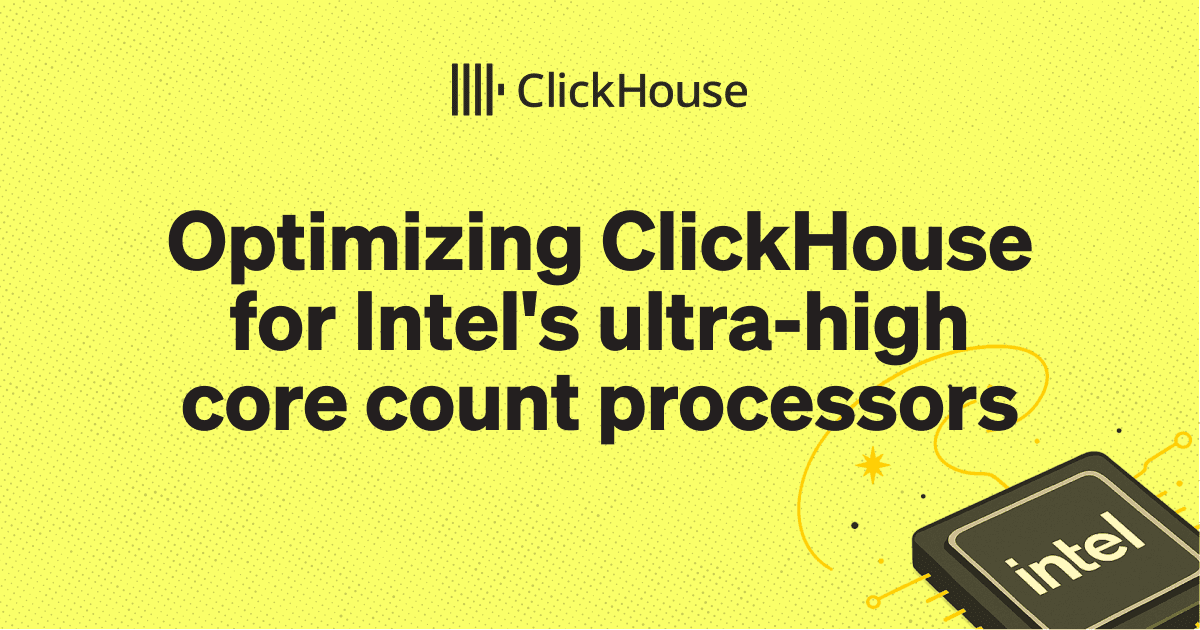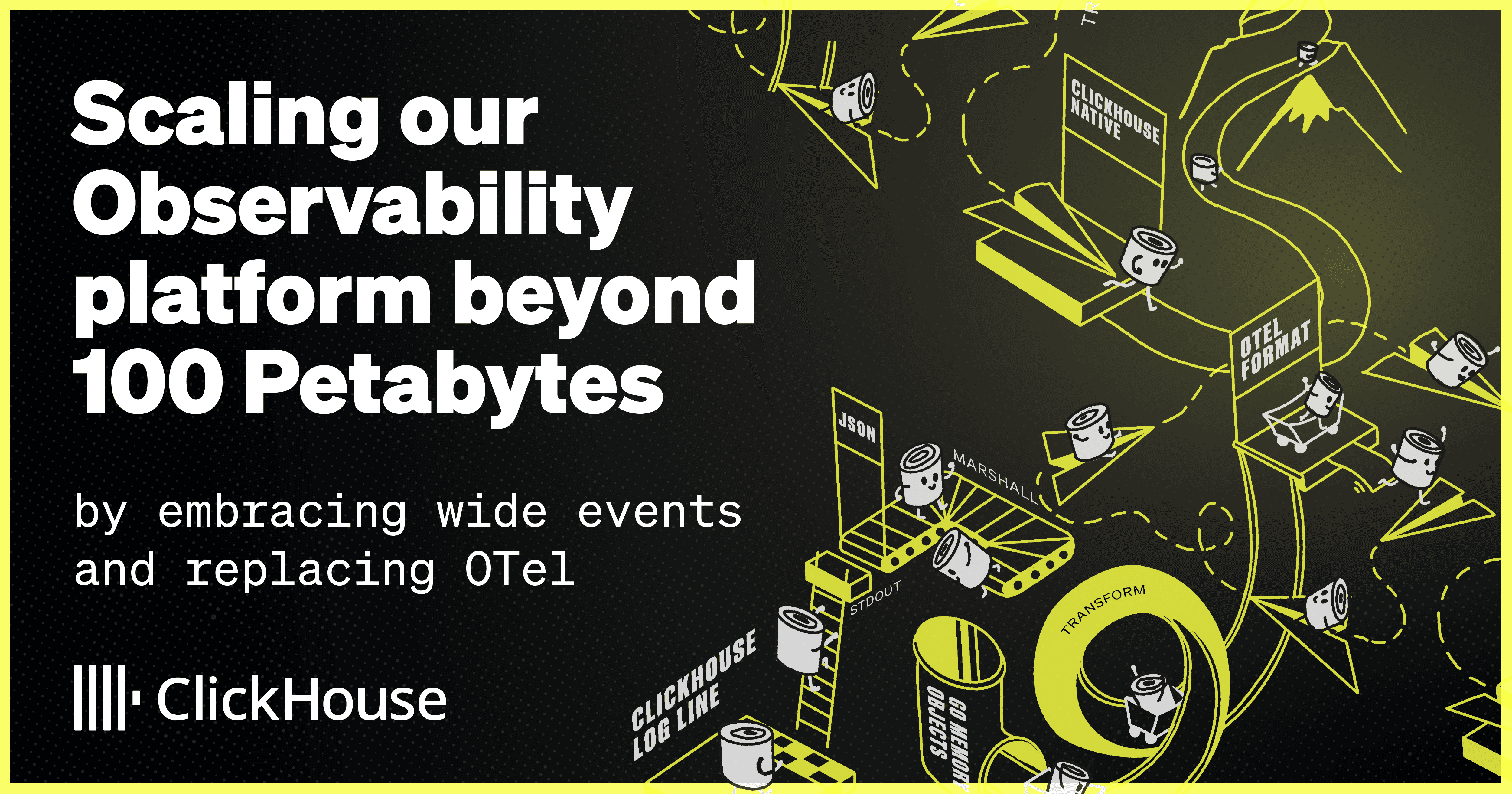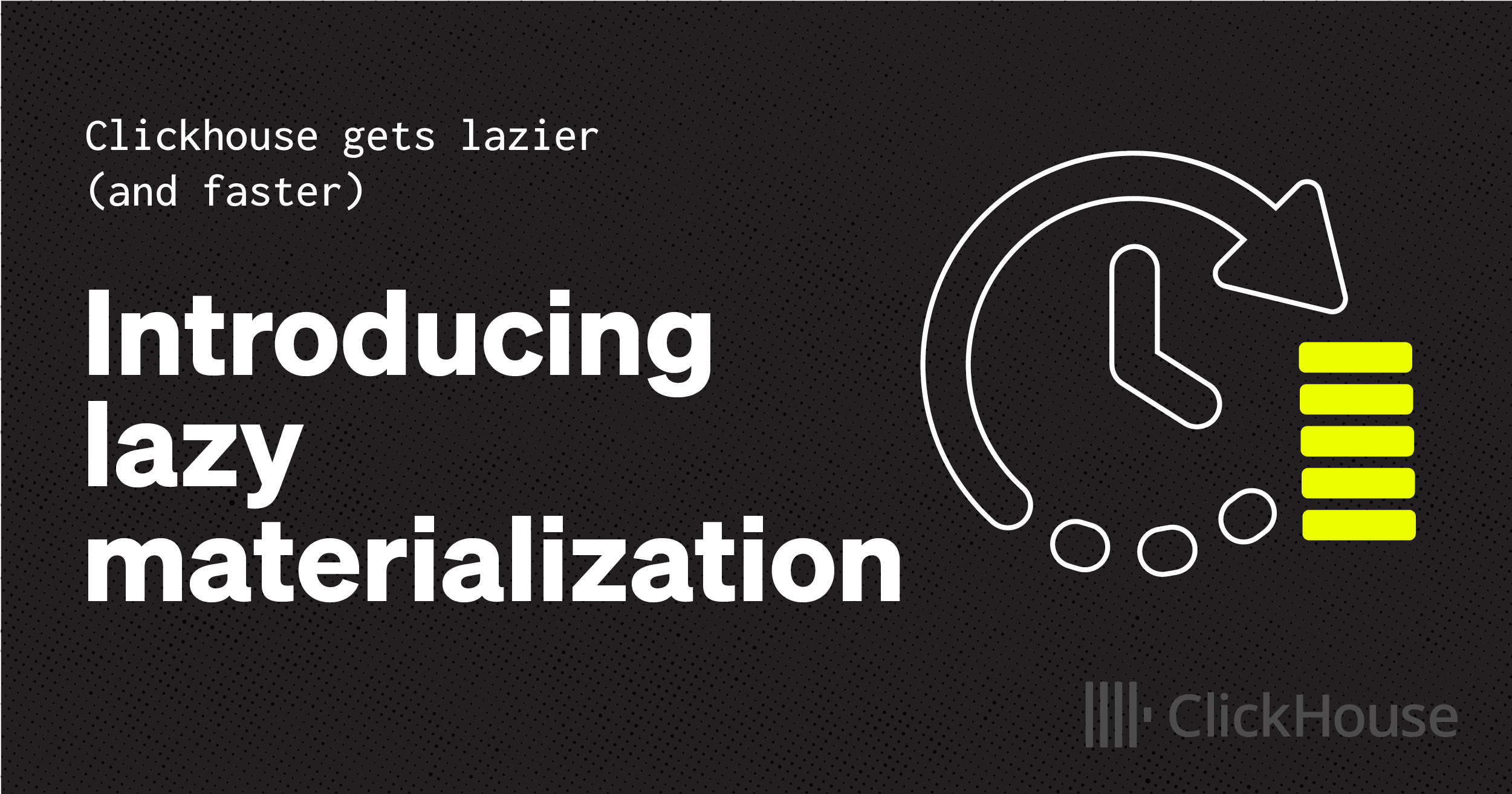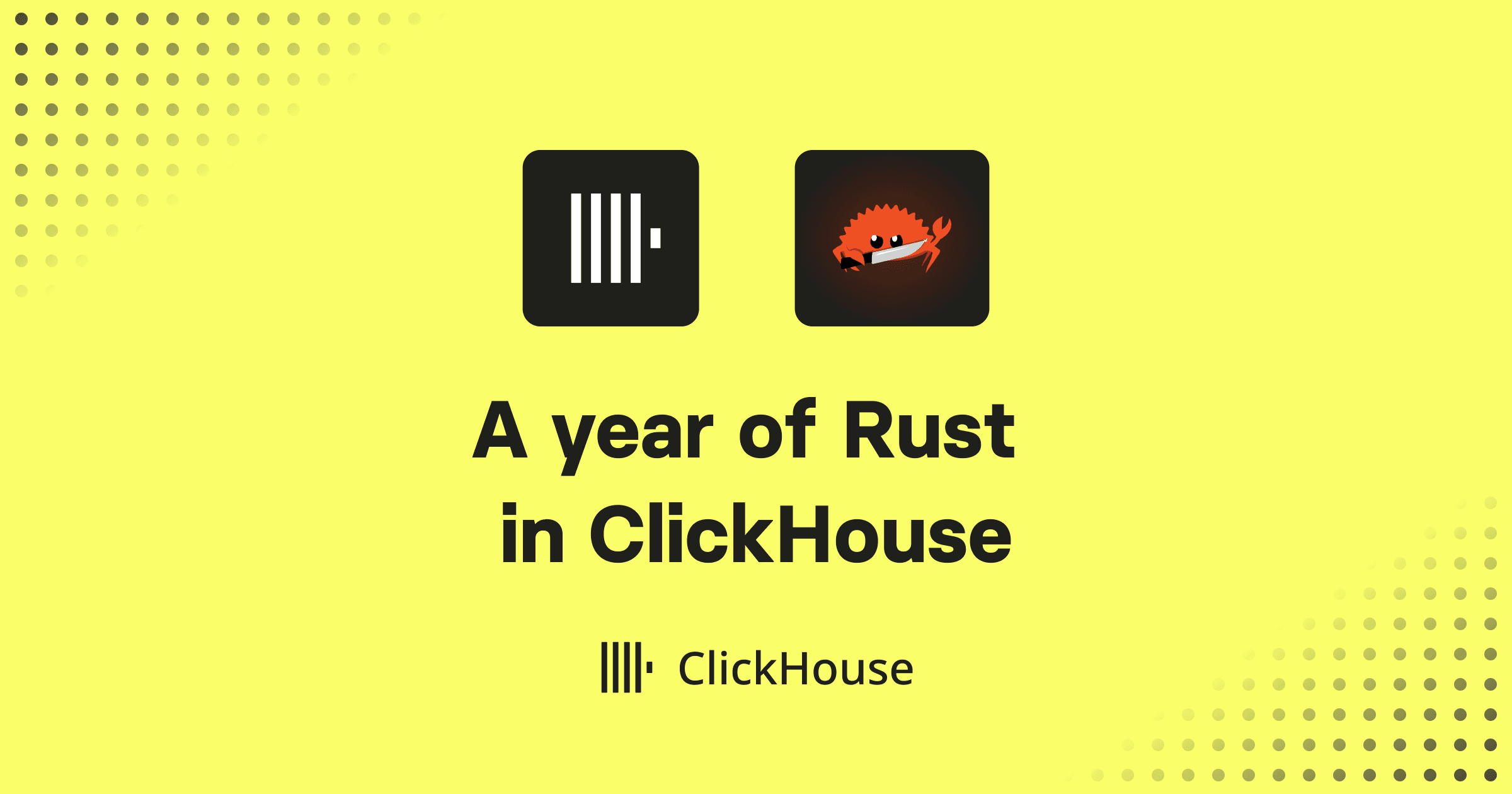ClickHouse Performance Optimization on Intel Xeon Ultra-High Core Count Processors

Intel's latest processors boast hundreds of cores, presenting both immense opportunities and challenges for analytical databases like ClickHouse. Intel Shanghai engineers systematically analyzed ClickHouse performance on ultra-high core count servers, identifying and optimizing five key bottlenecks: lock contention, memory optimization, insufficient parallelism, SIMD instruction utilization, and false sharing. By reducing lock hold times, improving the memory allocator, parallelizing serial phases, employing smarter SIMD algorithms, and optimizing memory layout, they significantly improved ClickHouse's scalability on ultra-high core count systems, achieving up to 10x speedups for individual queries and a 10% overall geometric mean improvement. This work highlights the need for multi-faceted database optimization in the ultra-high core count era, addressing both algorithmic and memory layout considerations.
Read more




